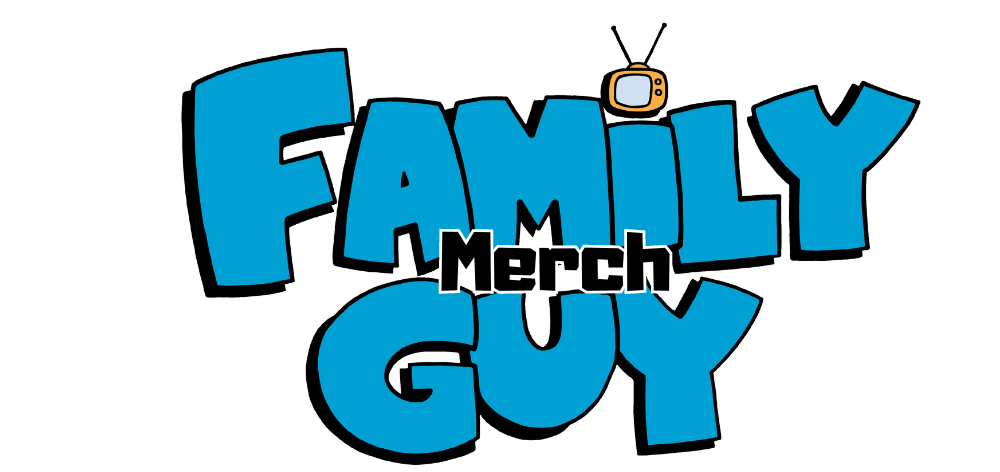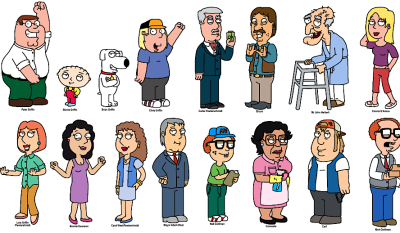Why Family Guy Is Successful
Family Guy, created by Seth MacFarlane, is one of the longest-running animated sitcoms in television history. Since its debut in 1999, the show has garnered a massive following, becoming a cultural phenomenon. The series is known for its unique humor, iconic characters, and clever pop culture references. Despite facing multiple cancellations and revivals, Family Guy continues to thrive, with a dedicated fanbase and high viewership. But what are the key reasons behind its enduring success? In this article, we’ll explore five essential factors that have contributed to Family Guy’s success.
Unique and Edgy Humor

One of the primary reasons Family Guy has achieved such widespread popularity is its unique and often edgy sense of humor. The show is known for its irreverent, dark, and boundary-pushing comedic style, which sets it apart from other animated sitcoms. While other shows might rely on traditional humor, Family Guy takes risks by incorporating controversial jokes, offbeat scenarios, and adult themes. Its humor often pushes the envelope, making it stand out in a genre typically aimed at families and younger audiences.
The show’s comedic approach includes quick-witted dialogue, absurd situations, and surreal cutaway gags that parody pop culture, history, and current events. This unpredictability keeps the show fresh, as viewers never know what to expect next. Whether it’s a sharp social commentary or an unexpected reference to a 1980s sitcom, Family Guy’s humor speaks to a wide range of viewers, from casual fans to pop culture enthusiasts.
Moreover, Family Guy doesn’t shy away from dark humor or taboo topics, addressing controversial subjects like politics, religion, and social issues with a satirical twist. While this may not appeal to everyone, the show has developed a strong, loyal fanbase who appreciate its boldness. This ability to engage with topics that others may avoid has helped Family Guy remain relevant and continue to attract viewers year after year.
Iconic Characters
Another key factor in Family Guy’s success is its memorable and well-developed cast of characters. Each character has a distinct personality, making them relatable and unforgettable to audiences. The Griffin family—Peter, Lois, Meg, Chris, Stewie, and Brian—is at the heart of the show, and their interactions drive much of the humor.
- Peter Griffin: The bumbling, often clueless father figure is known for his over-the-top antics and clueless behavior. Despite his flaws, Peter is loveable and endearing, making him a central character in the show’s humor.
- Lois Griffin: The level-headed and often exasperated mother provides a balance to Peter’s absurdity. Her character often serves as the voice of reason, but she too is occasionally drawn into the bizarre situations that arise in the family.
- Meg Griffin: Often the target of ridicule, Meg is the awkward and socially rejected teenage daughter. Her character has evolved over the years, gaining depth and occasionally delivering some of the show’s most poignant moments.
- Chris Griffin: The simple-minded, yet well-meaning son, Chris is the show’s comic foil to his siblings. His lack of intelligence often leads to hilarious situations, but his innocent nature makes him a sympathetic character.
- Stewie Griffin: The brilliant yet diabolical baby, Stewie, is a fan-favorite character with a penchant for world domination and sophisticated vocabulary. His complex personality, dark humor, and mischievous behavior have made him one of the standout characters in animated television.
- Brian Griffin: The Griffin family’s anthropomorphic dog, Brian, is the intellectual and sarcastic voice of reason in the show. Despite his high IQ, he often engages in human-like behavior, making him a relatable and humorous character.
These characters have become beloved icons of popular culture. Their distinct traits and personalities help drive the show’s humor, while their interactions create engaging, long-running storylines. Audiences connect with the characters on a personal level, which helps keep viewers invested in the show.
Pop Culture References and Satirical Commentary
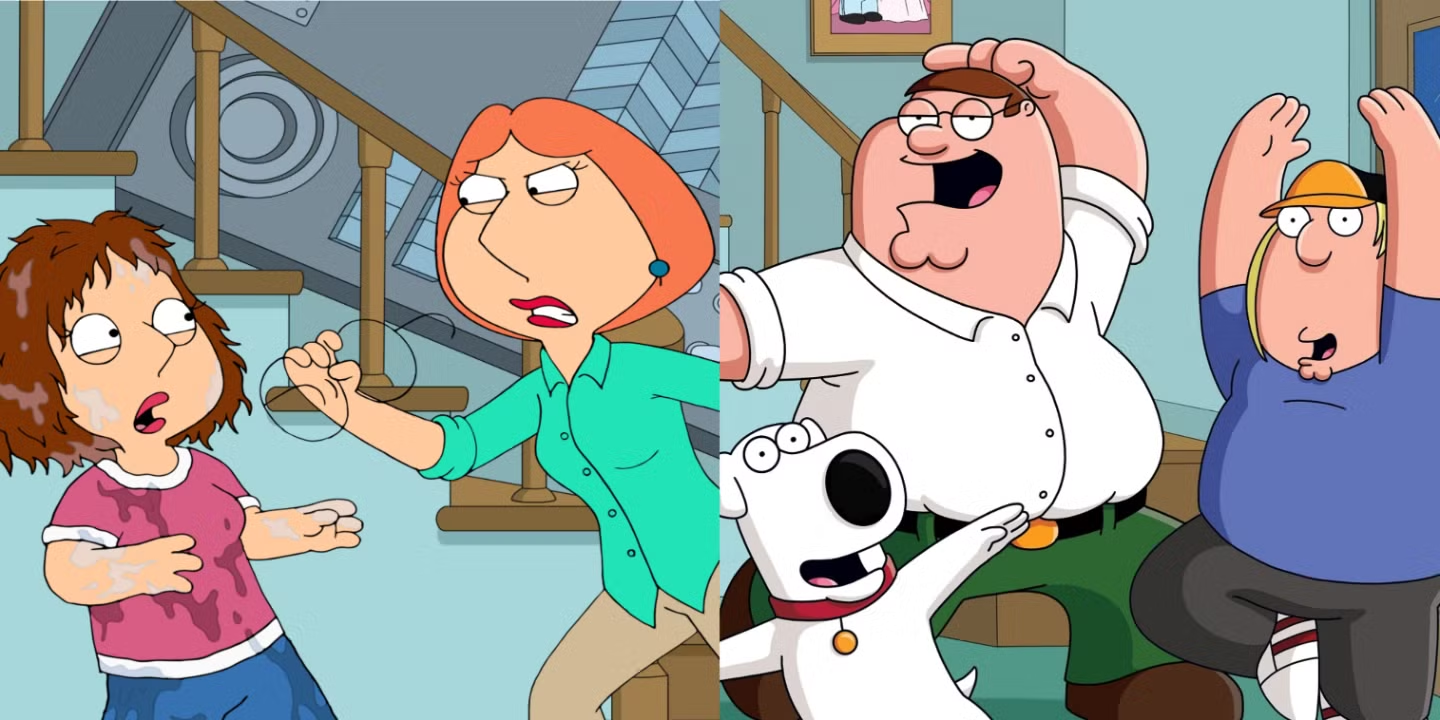
Family Guy is known for its frequent pop culture references and satirical commentary on modern life. The show often parodies popular films, TV shows, and celebrities, making it a go-to source for viewers who enjoy these cultural nods. From Star Wars references to critiques of reality television, Family Guy remains relevant by commenting on trends and events that are significant to its audience.
The show’s ability to blend humor with pop culture references appeals to a broad demographic, from younger viewers who appreciate modern references to older generations who enjoy nostalgic callbacks. Whether it’s a parody of The Godfather or a jab at the latest celebrity scandal, Family Guy excels at weaving in these references to enhance its comedic storytelling.
In addition to pop culture references, Family Guy often satirizes social and political issues. The show is unapologetic in its critique of various aspects of society, using humor as a vehicle for commentary. Whether discussing politics, celebrity culture, or current events, Family Guy makes sure its humor remains sharp and socially relevant, ensuring that it speaks to a wide range of viewers and stays culturally engaged.
Cult Following and Dedicated Fanbase
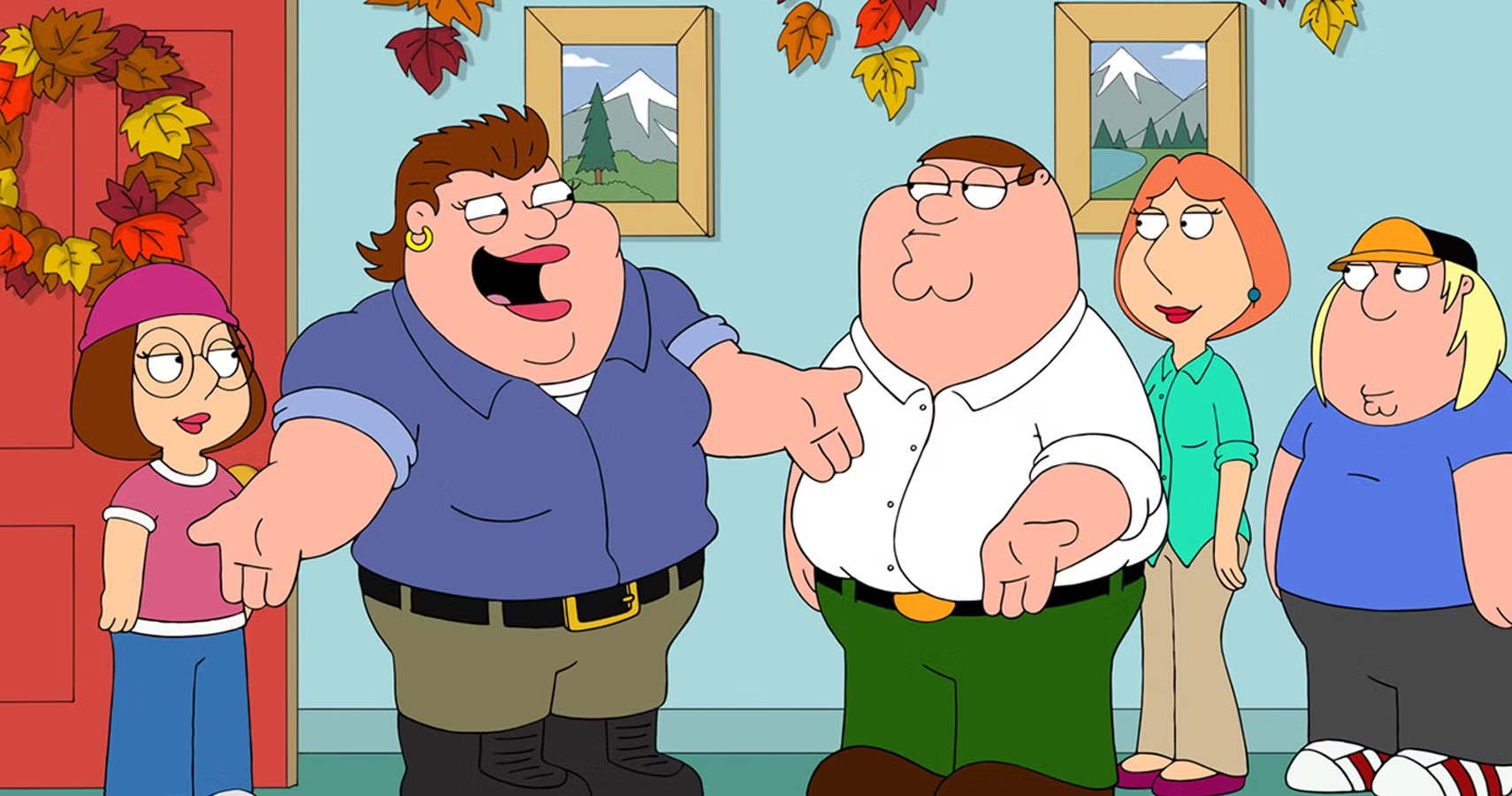
One of the driving forces behind Family Guy’s continued success is its dedicated fanbase. Over the years, the show has cultivated a passionate and loyal following, particularly among fans who enjoy its irreverent humor and unique take on life. The show’s blend of edgy comedy and relatable characters has made it a staple for adult audiences, and the fandom around the show continues to grow.
In addition to its loyal viewership, Family Guy has sparked a vibrant online community. Fans engage with the show through social media platforms, fan theories, merchandise, and even fan-created content. The online presence of the Family Guy community allows fans to connect, share their love for the show, and keep the conversation around it alive.
The show’s cult following helped sustain its revival after its initial cancellation in 2002. After a strong DVD release and continued popularity on network television, Family Guy was brought back for a second run in 2005, solidifying its place as a television mainstay. The devoted fanbase continues to support the show, keeping it in the public eye and ensuring its continued relevance.
Timeless Appeal and Constant Reinvention
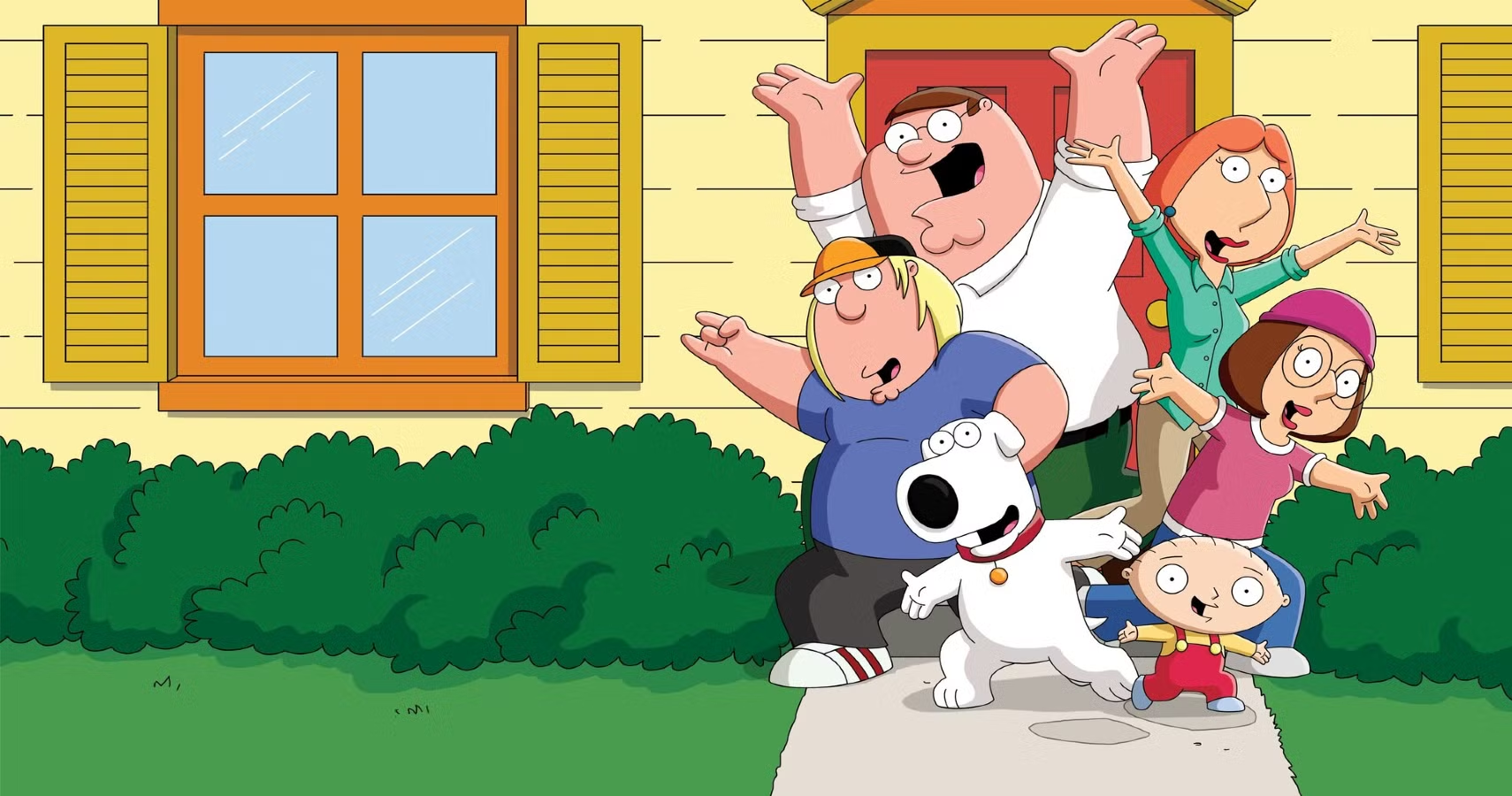
Family Guy has been able to maintain its success over the years through its ability to reinvent itself while retaining the core elements that made it popular in the first place. The show’s writers are adept at keeping the series fresh by experimenting with new storytelling techniques, introducing new characters, and exploring different genres.
The show’s structure, which relies on episodic storylines with room for standalone gags and cutaway scenes, allows for flexibility and creativity. The constant experimentation with new formats, such as the use of musical numbers or parodying different film genres, keeps the show exciting and unpredictable.
Furthermore, the show’s adaptability to new trends and audience interests has allowed it to stay relevant. By incorporating contemporary issues, technological advancements, and changes in popular culture, Family Guy ensures that it doesn’t become stale. It continues to evolve while staying true to the aspects of the show that made it so beloved—its quirky characters, dark humor, and bold satire.
Family Guy has cemented its place as one of the most successful animated series of all time, thanks to its unique blend of edgy humor, iconic characters, pop culture references, and satirical commentary. Its ability to reinvent itself and remain relevant through constant updates and engagement with its audience has ensured its lasting appeal. With a dedicated fanbase, memorable characters, and sharp wit, Family Guy continues to thrive in the ever-changing landscape of television.
Whether it’s the irreverent humor or the relatable characters, Family Guy’s success is a result of its ability to connect with viewers and push the boundaries of comedy. As long as it continues to evolve and engage its audience, Family Guy is likely to remain a staple of animated television for many years to come.
